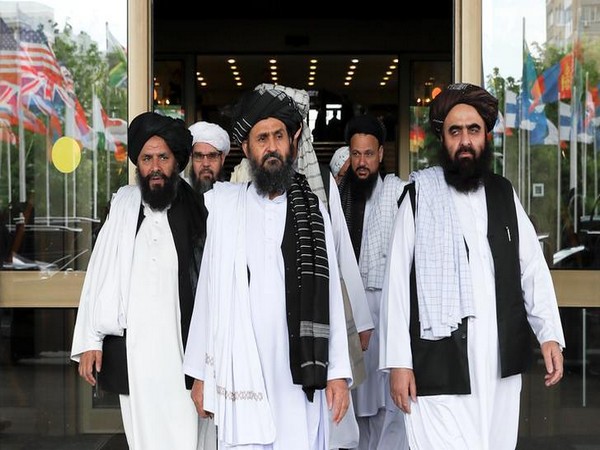Fault lines within the Taliban came to the fore at a meeting convened to discuss the response to airstrikes conducted by Pakistan on Afghan soil that left more than 40 dead. Pakistan struck the Afghan provinces of Khost and Kunar on Saturday, leaving more than 40 dead. Pakistani airstrikes prompted a series of protests across the country. Protestors and authorities in Afghanistan said these strikes violated the country’s sovereignty.
While the Taliban Deputy Prime Minster Mullah Abdul Ghani Baradar questioned Islamabad’s decision to carry out airstrikes inside the Afghan territory, Defence Minister Mullah Yaqoub, Deputy Defence Minister Mullah Fazl and the Chief of Army Staff Maulvi Fasihuddin Fitrat insisted on a stern response to Pakistan. However, Interior Minister Sirajuddin Haqqani and Higher Education Minister Abdul Baqi Haqqani maintained that Kabul should engage in a dialogue with Islamabad to resolve the issue.
Meanwhile, Pakistan, claiming that seven Pakistan Army soldiers were killed in North Waziristan in an attack on April 14 carried out by terrorists operating from Afghanistan, asked the Taliban to secure the Pak-Afghanistan border region on their side and take action against those involved in terrorist activities against Pakistan. Border skirmishes, airspace violations and artillery firing across the Durand Line have been on the rise in recent months. Earlier, a Pakistan Army helicopter was shot at on April 7 by the Afghans along the Durand Line in Nimroz Province, while the Pak Military fired 56 artillery shells on April 14 across the border in Kunar and Nuristan Provinces.

